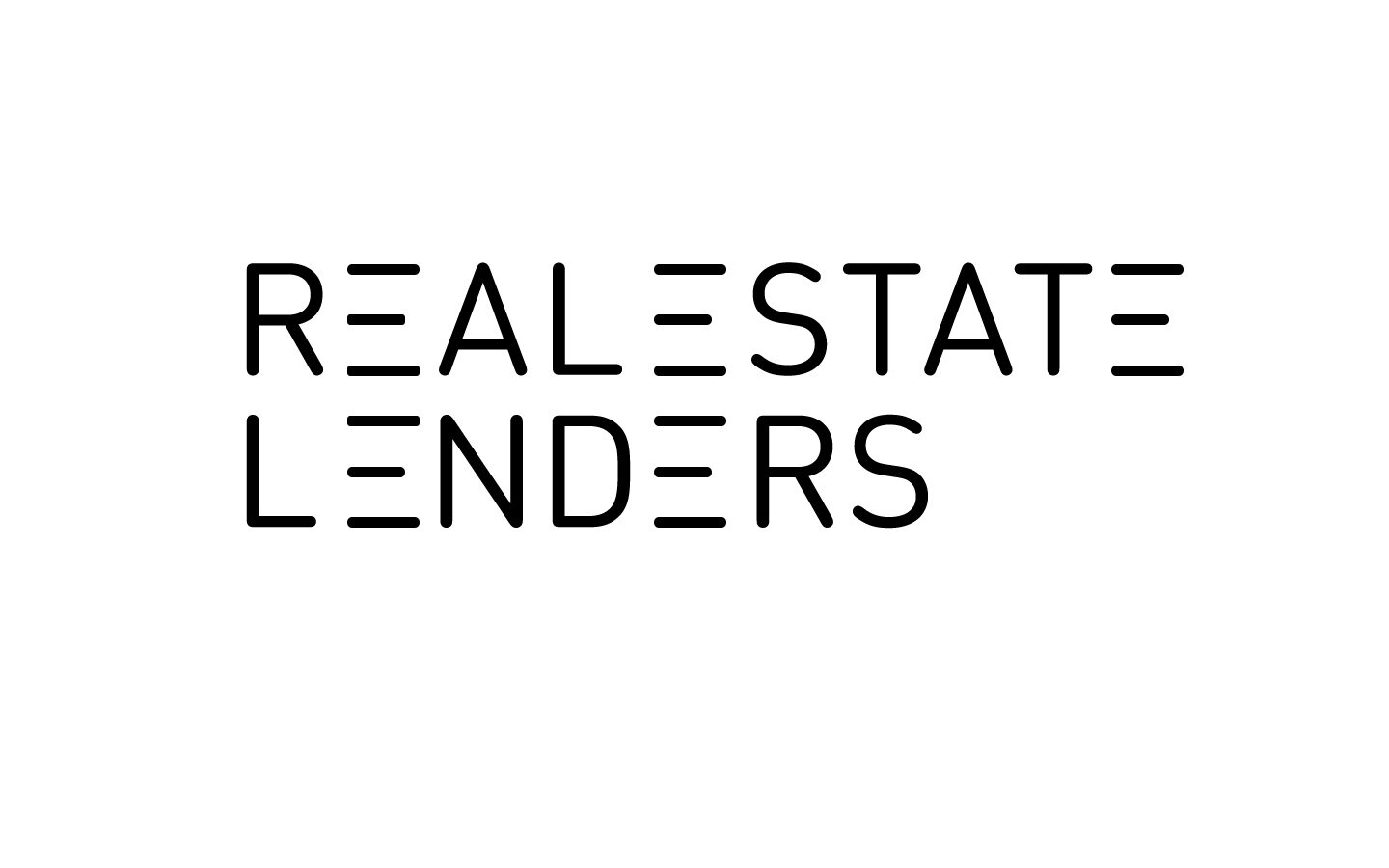Conventional Loans
use Fannie Mae or Freddie Mac to establish guidelines for borrowers
The guidelines include minimum allowable credit scores, income requirements and minimum down payments. A conventional loan can be conforming or nonconforming and have either fixed or adjustable rates.
Advantages:
No mortgage insurance required (with 20%+ down payment)
No upfront mortgage insurance premium (UFMIP)
Great for purchases and refinances
Mortgage insurance is removed automatically as applicable
Lower cost than other loan products
Makes for a stronger purchase offer than FHA or VA
Monthly Mortgage insurance (if required) is less than that of an FHA loan
Disadvantages:
Restrictions on gift funds for down payment and closing costs
Minimum credit score required
Generally requires larger down payments than federally insured loans
Requires private mortgage insurance (PMI) when the down payment falls below 20%.
Interest rates are typically higher than that of FHA or VA loans
Conventional Loan Checklist
When you’re applying for an FHA loan, the following list of documents will help expedite the process. We can help you understand any part of the FHA loan process so don’t hesitate to contact us with any questions.
Employment Info
Past two years’ completed tax returns.
Past two years’ W-2s, 1099s and any other necessary tax forms.
Most recent 30-day’s pay stubs.
Self-employed borrowers may need three years’ tax returns and YTD Profit & Loss Statement.
Savings Info
Past two months’ full bank statements for all accounts.
Most recent statements from investment accounts (retirement, 410k, mutual funds, etc.).
Personal Info
Driver’s License or other official state identification.
Any Divorce, Palimony, Alimony documents.
Green card or work-permit (if/as applicable).
